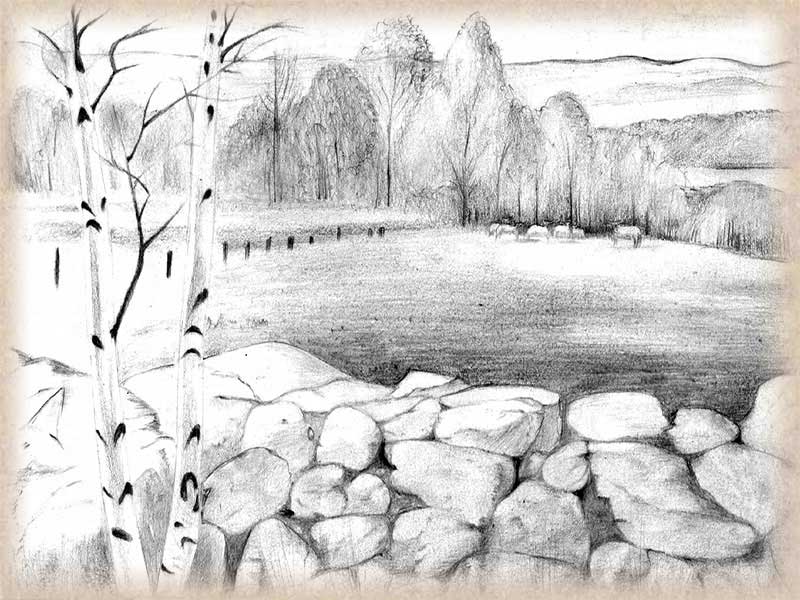
Resources
The Resources are Running Out > Conserve or Consume > Saving a Wasting WorldLife was Simpler Then > Rich Christians in an Age of Hunger
The Resources are Running Out
(13 February 2000)
[Christom]
The resources of our natural world are depleting because our demands on them are beyond what they can supply. The devastation and destruction that we impose on the world around us has been endless and now we are starting to wake up to the fact that the resources are running out. Many scientists have picked up on such a trend and written many warnings in regards to the depletion of resources and the ever increasing demand on a world environment which is diminishing daily. Sustainable development is at the forefront of international agenda because the problems of population, increasing consumption and resource depletion are becoming glaringly obvious and can no longer be ignored!
... someone who lives a very materialistic life is doing a lot of environmental damage compared with someone who makes the most of what they already have. Every time you buy new you are using up more of the world's limited resources and damaging more of the environment. Alternatively, whenever you re-use things that have already been used your not putting greater demands on a straining world.
(13 October 1999)
[Christom]
...We are told to consume to create more of a demand,
for money makes our world go around.
But why, the simple man asks,
when it is consumption that is consuming our world
and will ultimately stop the world from turning around.
shouldn't we be conserving?!
...
| Consume | Conserve | |
| Capitalism | Conservatism | |
| Advertising - Buy - Spend | |
Don't Buy it if you don't need it |
| Create a Demand - Promote More | |
Reduce Materialism - Promote Less |
| Throw it away - Buy another one | |
Don't throw it away - Repair or Fix it |
| Results in more Garbage & Stress | |
Less Rubbish & Minimizes Stress |
| Submit - Conform | Refuse - Resist | |
| Waste | Save |
Rich Christians in an Age of Hunger
(Kent, Great Britain; Hodder & Stoughton, 1980)
[Ronald J. Sider]
If there are poor people who need assistance, Jesus' carefree disciple will help - even if that means selling possessions. People are vastly more important than property. "Laying up treasure in heaven" means exactly the same thing. The rich fool is the epitome of the covetous person. He has a greedy compulsion to acquire more and more possessions even though he does not need them. And his phenomenal success at piling up more and more property and wealth leads to the blasphemous conclusion that material possessions can satisfy all his needs. From the divine perspective, however, this attitude is sheer madness.
One cannot read the parable of the rich fool without thinking of our own society. We madly multiply more sophisticated gadgets, larger and taller buildings and faster means of transportation not because such things truly enrich our lives but because we are driven by an obsession for more and more. Covetousness - striving for more and more material possessions - has become a cardinal vice of Western civilization.
Before God and a billion hungry neighbours, we must rethink our values regarding our present standard of living and promote more just acquistion and distribution of the world's resources. Those of us who live in affluent circumstances accept our duty to develop a simple lifestyle in order to contribute more generously to both relief and evangelism.

